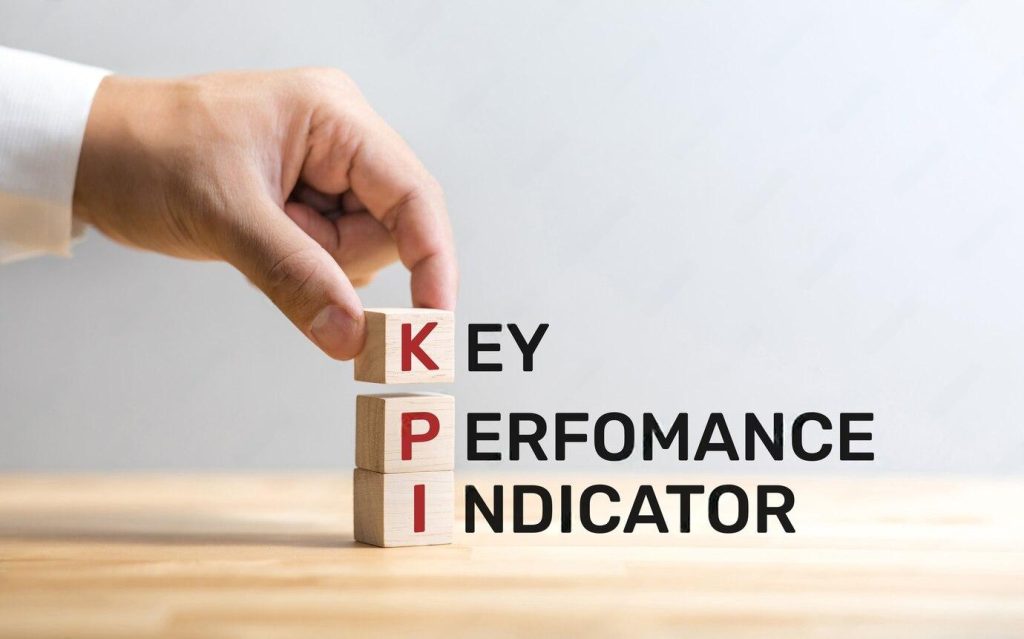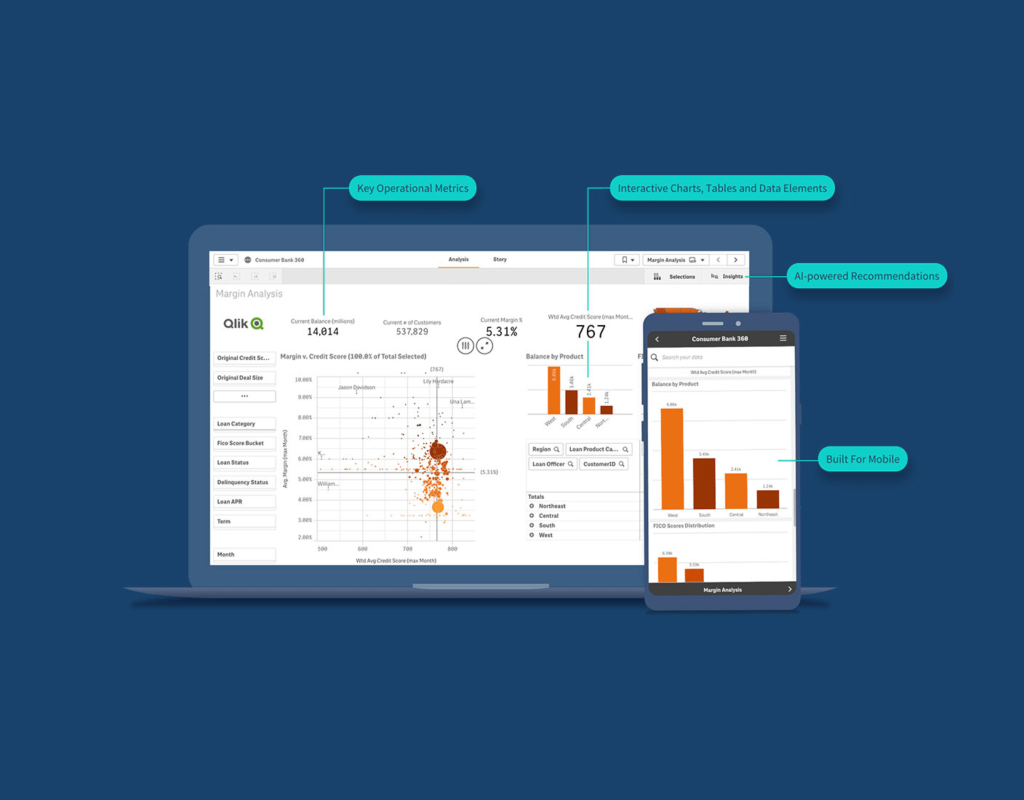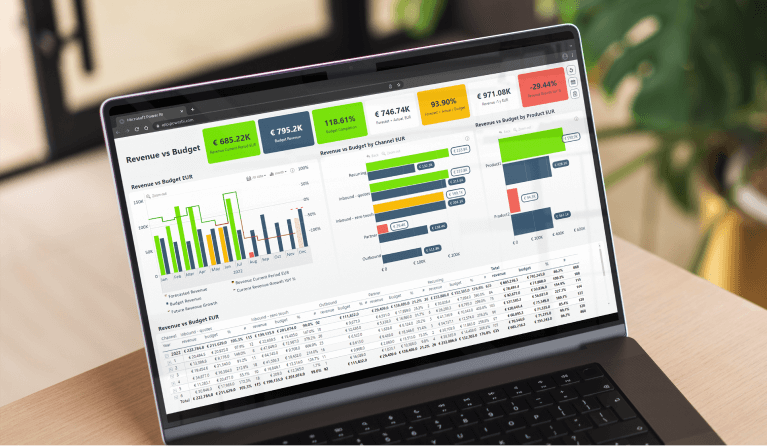Introduction
The global business landscape has been permanently reshaped by the COVID-19 pandemic. For CFOs and business leaders, the focus has now shifted from recovery to resilience. Today’s financial operations must be agile, tech-enabled, and strategy-focused to withstand future disruptions. In this new world, companies across the USA, Australia, UAE, Canada, Europe, and Singapore are revisiting their financial playbooks — and rethinking how financial operations should be structured for long-term sustainability.
1. The Post-Pandemic CFO Mandate
From Scorekeeper to Strategist In the past, CFOs were primarily tasked with compliance, reporting, and cost control. Post-pandemic, their role has evolved into that of a business strategist. Financial leaders are now expected to:
- Drive business continuity planning
- Forecast and stress-test multiple scenarios
- Provide real-time visibility into financial health
- Build operational resilience across geographies and functions
This shift has accelerated the demand for virtual CFO services and data-driven financial systems that go beyond bookkeeping and compliance.
2. Key Challenges in the Post-COVID Era Businesses globally are facing:
- Supply chain volatility and rising input costs
- Cash flow unpredictability due to delayed receivables and changing customer behavior
- Remote workforce management and decentralized spending
- Pressure to digitize financial reporting and performance monitoring
These challenges demand systems that can adapt quickly and provide visibility across departments and regions.
3. Strategies for Building Financial Resilience To future-proof operations, companies must rewire their financial infrastructure:
a. Real-Time Financial Reporting Traditional MIS reports are too slow for today’s pace. Businesses now need dynamic dashboards powered by tools like Power BI, which offer:
- Daily cash flow and working capital views
- Department-wise and region-wise profitability tracking
- Custom KPI dashboards aligned with strategic goals
b. Scenario Planning & Forecasting Using AI-enabled forecasting tools, CFOs can run multiple scenarios—best-case, worst-case, and base-case—and plan accordingly. This agility helps businesses respond to market shifts quickly and confidently.
c. Cost Optimization & Process Efficiency Cost-cutting is no longer just about slashing budgets. It’s about identifying leakages, inefficiencies, and non-performing assets. Conducting financial health check-ups and process audits helps align costs with growth objectives.
d. Strengthening Governance & Risk Controls The pandemic exposed gaps in internal controls. Companies now need stronger risk frameworks, real-time monitoring, and better segregation of duties—even across remote setups.
4. Why CFOPulse Is Your Post-Pandemic CFO Partner
At CFOPulse, we don’t just provide outsourced CFO services. We build your financial operations from the ground up—focused on data → report → analyze → advise. Our services are tailored to help global businesses:
- Implement real-time reporting systems
- Plan strategically using predictive analytics
- Reduce operational inefficiencies
- Strengthen controls and compliance
Unlike traditional CFO providers who club everything from accounting to tax filings, CFOPulse specializes in creating financial systems that enable clarity, speed, and informed decision-making.
Conclusion: The post-pandemic world demands more than just financial survival—it requires strategic foresight. Businesses that invest in intelligent, insight-driven financial operations will be better positioned to grow, adapt, and thrive no matter what comes next.








